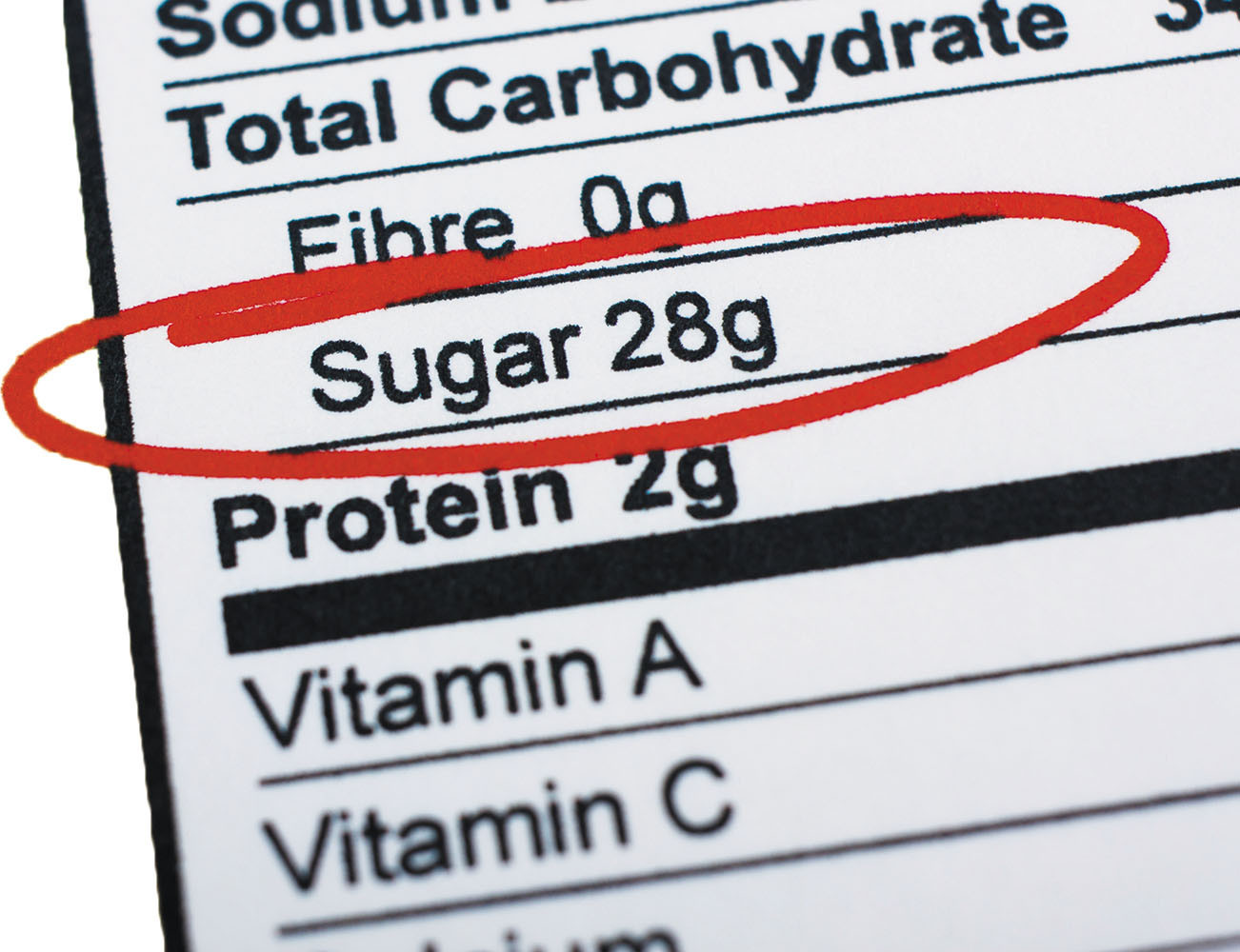Nationwide sugar reductions projected to save health and lives
News briefs

How big a health problem is sugar in processed foods and drinks? It’s so big that reducing sugar levels in those products might prevent millions of health problems and even deaths, according to a team of scientists from Harvard, Tufts, and New York City’s Department of Health and Mental Hygiene. Their work was published Aug. 27, 2021, in Circulation. The researchers came up with a model of how a sugar reduction policy proposed by the U.S. National Salt and Sugar Reduction Initiative would affect our health and economy. The proposed policy would cut 20% of sugar from packaged foods and 40% from sweetened beverages. The scientists determined that during an average adult population’s lifetime, such reductions could prevent about 2.5 million heart attacks, strokes, and cardiac arrests; prevent 750,000 diabetes cases and almost 490,000 cardiovascular deaths; and save billions in health care costs. If the proposed policy is implemented, companies would voluntarily commit to sugar reductions in foods and drinks. But you don’t have to wait until they do. Take charge of your health by reading nutrition labels and limiting added sugars to no more than 10% of your total daily calories (50 grams in a 2,000-calorie diet), as recommended by the 2020–2025 Dietary Guidelines for Americans.
Image: © piotr_malczyk/Getty ImagesAbout the Author

Heidi Godman, Executive Editor, Harvard Health Letter
Disclaimer:
As a service to our readers, Harvard Health Publishing provides access to our library of archived content. Please note the date of last review or update on all articles.
No content on this site, regardless of date, should ever be used as a substitute for direct medical advice from your doctor or other qualified clinician.
















